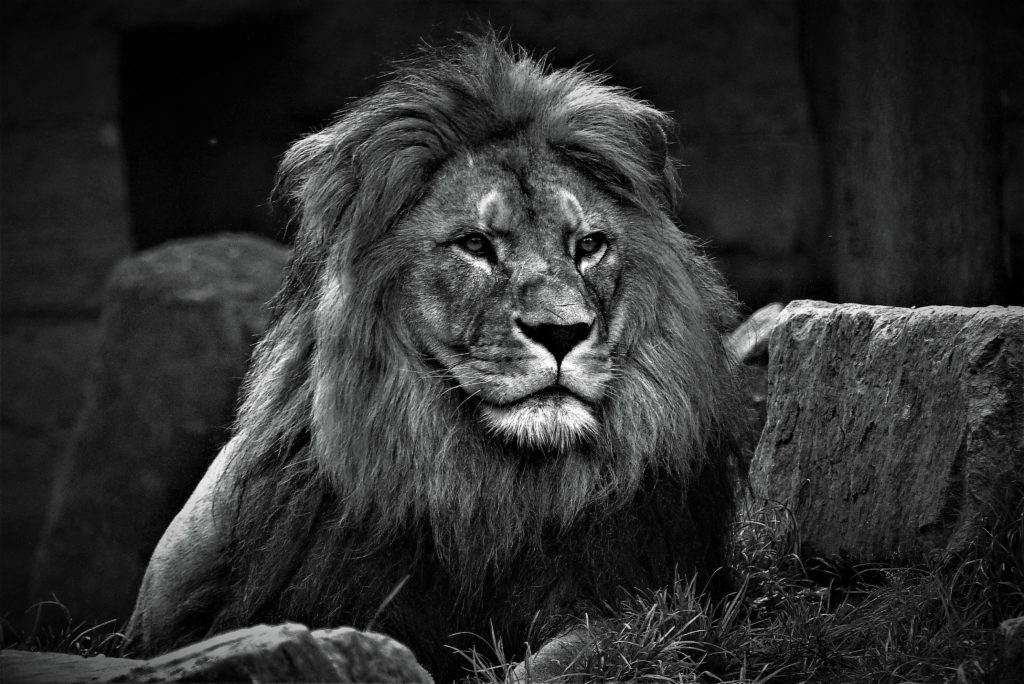Incredible wildlife – something we South Africans are exceptionally proud to be home to. Between hunting, poaching and everything in between, there’s no denying the struggles our Big Five, in particular, have faced. As South Africans, it’s an unfortunate commonality to come across proud tourists and locals alike, who delight in posing with their captive-bred kill.
Plans to prohibit the breeding of captive lions for trophy hunting or for tourists to pet are under way, revealed Environment Minister Barbara Creecy.
According to IOL, the decision was made following a government study which took place. The study itself took a dive into the controversial practice, where a special government-appointed panel, studying the management and rules governing the hunting, trade and keeping in captivity of lions, elephants, rhino and leopards, made the recommendation, reports EWN.
“We must halt and reverse the domestication of lions through captive breeding and keeping,” said Minister Barbara Creecy in a news conference.
The decision is yet to be formulated into policy. A seal of approval is awaited from the government, who have historically afforded trophy hunting and the powerful multi-million-dollar lion captive breeding industry.
The minister, however, emphasised that intentions behind the ban were not to stifle the industry.
She said the following:
“Legal regulated hunting of the iconic species under the regulatory environment will continue to be permitted, we are not banning legal regulated permitted hunting.”
According to Creecy, the report serves to stop “tourists’ interaction with captive lions, including cub petting.”
“The intention here is to ensure that those who are interested in… authentic wildlife hunting” will have such an experience and “will not be hunting animals that have been taken out of the cage,” she continued.
Edith Kabesiime, World Animal Protection’s campaign manager for Africa, told IOL that this should be considered a win for South African wildlife, as lions will be where they belong – in the wild.
Image: Unsplash

